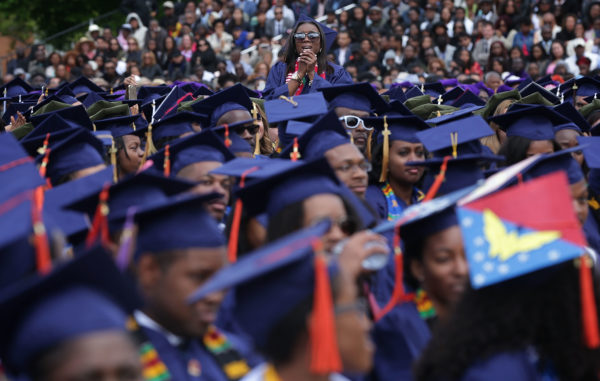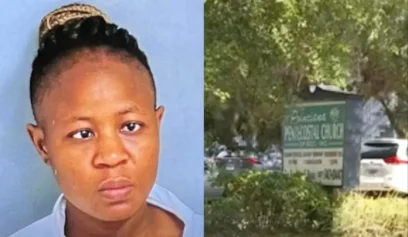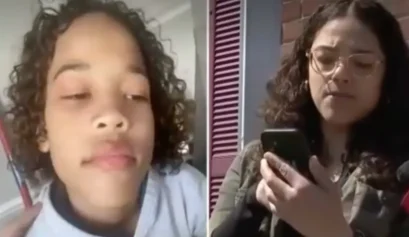The pipeline from Historically Black Colleges and Universities to careers in corporate America is widening as the country continues to face a racial reckoning.
“In my 24-year career in higher education, all in career services, I cannot recall a time when recruitment efforts at HBCUs have been this high and have stayed this high,” said Seana Coulter, director of the center for career development at Morgan State University.

Since the highly publicized deaths of Black men and women in 2020, including George Floyd of Minneapolis, Black institutions have become the beneficiaries of Fortune 500 companies looking to build bridges to improving diversity. Those efforts have come in the form of multi-million-dollar donations, initiatives and partnerships all geared toward preparing Black students and graduates post-school life.
Coutler says MSU has seen as much as a 263 percent increase in companies utilizing its student job portal, as well as a 73 percent increase in events hosted by employers.
At Howard University, administrators saw increased interest from companies such as JPMorgan Chase, Deloitte, Procter & Gamble and Goldman Sachs. Administrators say though only a year has passed, the improved relationships with companies that otherwise may have missed out on the pool of potential candidates coming from HBCUs could be promising.
“We’ve seen tremendous growth in the number of firms and industries who want to recruit at Howard,” Anthony Wilbon, dean of Howard University School of Business, told The Wall Street Journal in October of last year. “Many of them are instituting several diversity and inclusion initiatives.”
Making good on those promises seems to be a driving force of the increased recruitment efforts, said Joseph Wells, director of masters programs at the Graves School of Business and Management at Morgan State University. “Companies seem to be more interested in developing a relationship with the school long-term. I think some of it is making good on whatever pledges they might have made this summer,” said Wells.
In Atlanta, where Morehouse and Spelman Colleges and Clark Atlanta University make up the Atlanta University Consortium, an initiative known as the AltFinance: Investing in Black Futures is working to diversify financial sectors where Black professionals are underrepresented. Areas of focus include private equity, hedge funds and the investment industry. The partnership will span 10 years with a $90 million investment in the future of Black investment professionals.
Microsoft Corp. also launched a six-week virtual intensive to prepare engineer hopefuls for the brand’s undergraduate studies and future career pathways.
“As we continue to expand our footprint in the Greater Atlanta area, the AUCC’s intensive engineering workshop was the perfect opportunity for Microsoft to contribute financially and give students access to Microsoft engineers to learn about career options post-graduation,” said Kory Hawkins, Microsoft University Relations lead.
But while millions of dollars have been spent by corporate America in launching various initiatives, the real work has only just begun. Those efforts have to parlay into representation in every sector of business.
“For businesses looking to innovate in a challenging economy, looking to diverse sources of talent is not just the right thing to do—it can help to drive bottom line profitability, too,” said Barbara L. Adams, the business school dean and an accounting professor at South Carolina State University, in a Fortune op-ed. “Diversity in representation brings diversity of thought, and that in turn drives innovation.”
“Offering money is great, and so is sharing advice. But when it comes down to it, our students need opportunities. I have seen firsthand how internships can turn even the shiest, most self-doubting student into one who speaks up, shares with other students, and exudes newfound confidence.”
Many responded to the news with candor on Twitter. One user wrote, “Thing is, these are mostly quality schools that folks have not taken notice of for decades. If it took a summer of protests over police violence to highlight those schools, at least something positive came from it.”
Another added, “It’s a good move and initiative to build up harmonious environment for the good of America.”


